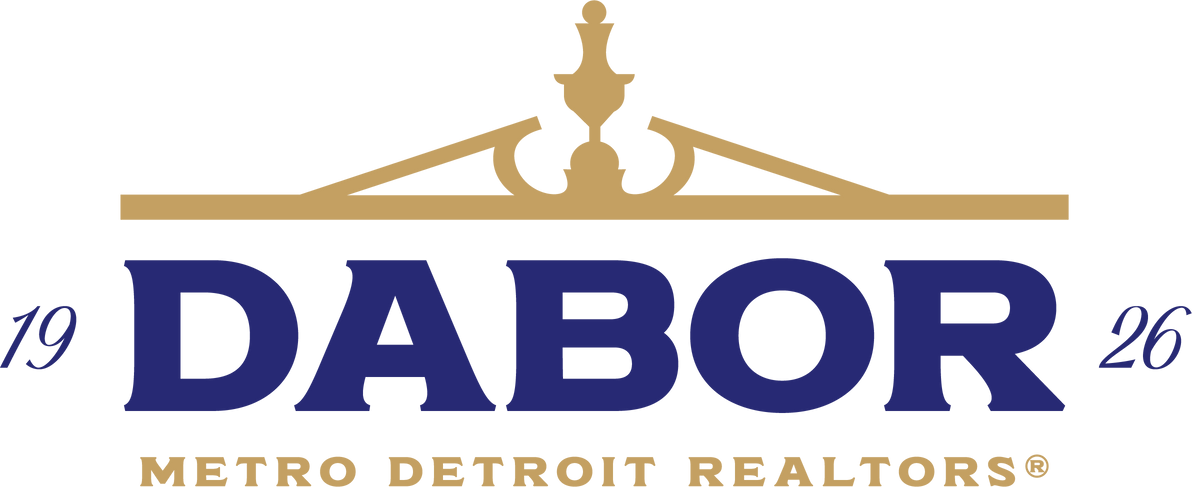File a Complaint
Filing an Ethics Complaint?
We take complaints seriously and are committed to upholding the highest standards of professionalism and ethics within the real estate industry. If you have encountered behavior or practices that you believe may violate our Code of Ethics or MLS Rules and Regulations, we encourage you to file a complaint using the form provided.
Let DABOR help you connect to a volunteer mediator today! Reach out to ceo@dabor.com to see if we may assist you.
WHO CAN FILE AN ETHICS COMPLAINT AGAINST A REALTOR®?
The National Association’s Code of Ethics and Arbitration Manual provides:
Any person, whether a member or not, having reason to believe that a member is guilty of any conduct subject to disciplinary action, may file a complaint in writing with the secretary of the Association of REALTORS®, dated and signed by the complainant, stating the facts on which it is based, provided that the complaint is filed within one hundred eighty (180) days after the facts constituting the matter complained of could have been known in the exercise of reasonable diligence.
WHAT ARE THE CODE OF ETHICS?
WHAT SPECIFIC INFORMATION SHOULD THE COMPLAINT CONTAIN?
WHAT IF I NEED HELP?
WHAT IF I DON’T KNOW IF AN ETHICS COMPLAINT IS APPROPRIATE FOR MY SITUATION?
WHO REVIEWS MY COMPLAINT ONCE I FILE IT WITH THE ASSOCIATION?
WHAT DOES THE GRIEVANCE COMMITTEE DO?
HOW DO I PREPARE FOR A HEARING?
IS THERE AN APPEAL PROCESS IF I DON’T AGREE WITH A DECISION?
WHAT INFORMATION IS CONSIDERED ON APPEAL?
WHAT ACTION CAN THE BOARD OF DIRECTORS TAKE?
WHEN IS A DECISION FINAL?
Arbitration Complaint
Filing a request for Arbitration
Complainants must submit along with Arbitration form A-1, a narrative description of the events that lead to the request. You must also include copies of all relevant real estate documents in your possession such as Listing Agreement, Purchase Agreement, MLS tickets, Agency Agreements or any other documents which support your claim.
The time limitation for filing an Arbitration complaint as written within the National Association of REALTORS® Code of Ethics and Arbitration Manual states:
There is a $500 arbitration-filling fee to be submitted along with the Request for Arbitration payable to DABOR. Once we receive your completed Form #A-1, narrative, pertinent documents and filing fee, we will forward it to the Grievance Committee for review at their next meeting.
The function of the Grievance Committee is to make only such preliminary review and evaluation of the request for arbitration as is required to determine (1) whether the matter is properly arbitrable; (2) whether arbitration is mandatory or voluntary based upon the requirements of Part Ten, Section 44 of the Manual; and (3) whether the proper parties are named in the request for arbitration. The Grievance Committee does not hold hearings and does not determine entitlement to awards.
ADDITIONAL RESOURCES THAT MAY BE HELPFUL:
1. State of Michigan Licensing Authority http://www.michigan.gov/lara
2. State of Michigan Attorney General http://www.michigan.gov/ag/
3. Michigan REALTORS® http://mirealtor.com/
4. National Association of REALTORS® http://www.realtor.org/

